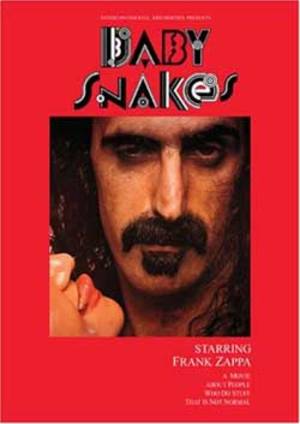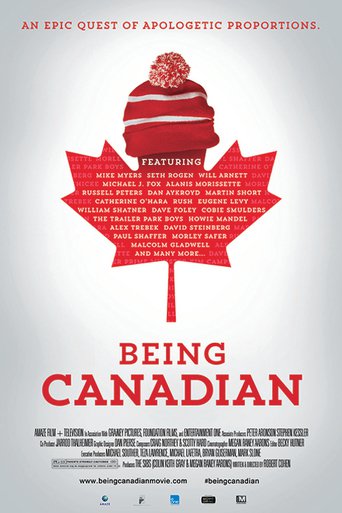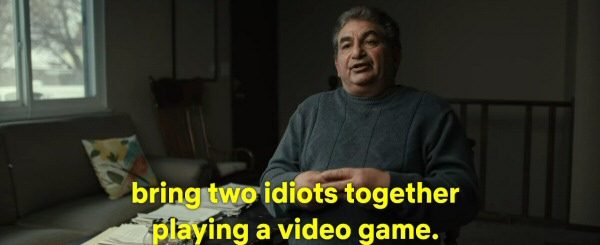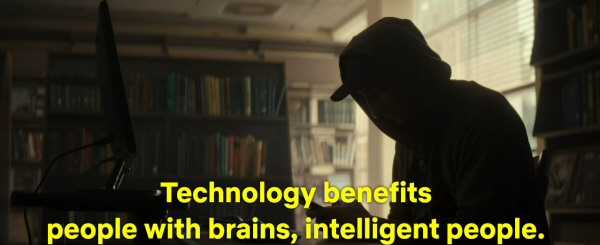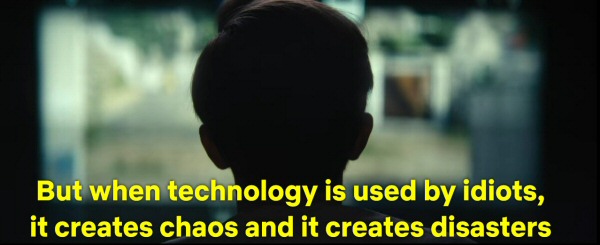You are using an out of date browser. It may not display this or other websites correctly.
You should upgrade or use an alternative browser.
You should upgrade or use an alternative browser.
What documentary are you watching?
- Thread starter Skorian
- Start date

Help Support Loneliness, Depression & Relationship Forum:
This site may earn a commission from merchant affiliate
links, including eBay, Amazon, and others.
- Joined
- Apr 5, 2008
- Messages
- 49,104
- Reaction score
- 5,206
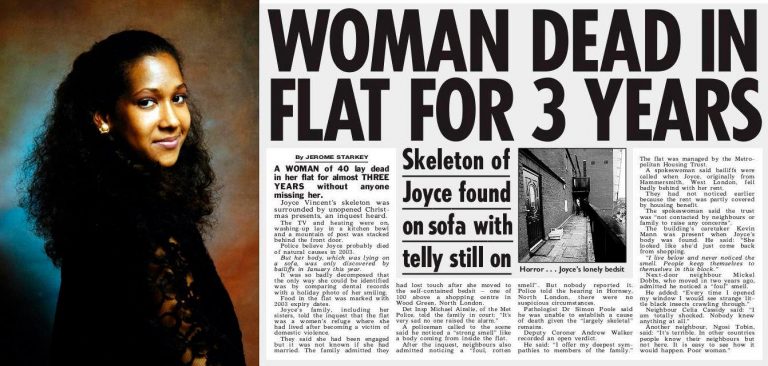
...Joyce Carol Vincent, died from causes unknown shortly before Christmas 2003. Her body was not discovered until January 2007 when bailiffs acting on behalf of a housing association arrived at her flat with a repossession order as her rent had not been paid for 3 years. Questions were asked by her local MP, Lynne Featherstone (who appears in the film), as to how it was possible that her death had been unnoticed by anyone during the three-year period. The unusual and poignant nature of Joyce's demise led the film maker, Carol Morley, to begin investigating who Joyce had been and how she had been so abandoned in death. The film is the result of her efforts to piece together Joyce Carol Vincent. (IMDB PoppyTransfusion)
Solivagant
Well-known member
- Joined
- Jul 12, 2013
- Messages
- 7,011
- Reaction score
- 17
History Channel's "Little Ice Age: Big Chill".


c'est_la_lonelyvie
Active member
- Joined
- Jan 7, 2017
- Messages
- 40
- Reaction score
- 0
Chuck Norris Communism on Netflix, haven't finished it. Halfway through "white people" mtv documentary. Currently really into Leah Remini's show about scientology.
CenotaphGirl
Under the dirt, that’s my home ⚰️
9/11 but its scaring me sooo might put it down for when im over 25 because omg I just get so scared watching it and idk why…
Trevor
President Of Trevor Philips Industries
The one thing most people “know” about the Great Wall of China—that it is one of the only man-made structures visible from space—is not actually true. Since the wall looks a lot like the stone and soil that surround it, it is difficult to discern with the human eye even from low Earth orbit, and is difficult to make out in most orbital photos. However, this does not detract from the wonder of this astounding ancient structure.
For millennia, Chinese leaders instituted wall-building projects to protect the land from northern, nomadic invaders. One surviving section of such an ancient wall, in the Shandong province, is made of hard-packed soil called “rammed earth” and is estimated to be 2,500 years old. For centuries during the Warring States Period, before China was unified into one nation, such walls defended the borders. Around 220 B.C.E., Qin Shi Huang, also called the First Emperor, united China. He masterminded the process of uniting the existing walls into one. At that time, rammed earth and wood made up most of the wall. Emperor after emperor strengthened and extended the wall, often with the aim of keeping out the northern invaders. In some places, the wall was constructed of brick. Elsewhere, quarried granite or even marble blocks were used. The wall was continuously brought up to date as building techniques advanced.
Zhu Yuanzhang, who became the Hongwu Emperor, took power in 1368 C.E. He founded the Ming Dynasty, famous for its achievements in the arts of ceramics and painting. The Ming emperors improved the wall with watchtowers and platforms. Most of the familiar images of the wall show Ming-era construction in the stone. Depending on how the wall is measured, it stretches somewhere between 4,000 and 5,500 kilometers (2,500 and 3,400 miles). In the 17th century, the Manchu emperors extended Chinese rule into Inner Mongolia, making the wall less important as a defense. However, it has retained its importance as a symbol of Chinese identity and culture. Countless visitors view the wall every year. It may not be clearly visible from space, but it is considered “an absolute masterpiece” here on Earth.
*Please click the green link for further info.
Trevor
President Of Trevor Philips Industries
Holy honeysuckle! You've been there?The great walls well worth a visit
I've always wanted to visit the wall but the Chinese government scares me a little. lol
Last edited:
Man there's plenty of rich Americans in China getting richer while your so called politicians tell you to fear them. There is a lot wrong with China internally, like most countries, but outside their own borders they have very little interest and are the least militaristic of the super powers. They've been there for 4000 years and unlike the Western world, which America only needs to look at the wrong way and they back down, they aren't intimidated by the US.Holy honeysuckle! You've been there?
I always wanted to visit the wall but the Chinese government scares me a little. lol
Their policy of free aid and free infrastructure, unlike Americas 'bomb the honeysuckle out of them' approach is giving them lots of influence all over the world. Everyone should travel and see what's really going on in the world for themselves. There's a change blowing in the wind.
Trevor
President Of Trevor Philips Industries
That's a fair point. I never thought of it that way.Man there's plenty of rich Americans in China getting richer while your so called politicians tell you to fear them. There is a lot wrong with China internally, like most countries, but outside their own borders they have very little interest and are the least militaristic of the super powers. They've been there for 4000 years and unlike the Western world, which America only needs to look at the wrong way and they back down, they aren't intimidated by the US.
Their policy of free aid and free infrastructure, unlike Americas 'bomb the honeysuckle out of them' approach is giving them lots of influence all over the world. Everyone should travel and see what's really going on in the world for themselves. There's a change blowing in the wind.
Trevor
President Of Trevor Philips Industries
Sweet!
Trevor
President Of Trevor Philips Industries
The author of Revelation mentioned his name, John, four times throughout the book (Revelation 1:1, 4, 9; 22:8). Christians throughout history have given almost unanimous affirmation to the identity of the book’s author as John the apostle, who had been exiled to the island of Patmos by the authorities for preaching the gospel in Asia. Some traditions say that the Romans dropped John into a vat of boiling oil, but when the apostle did not die, they instead banished him to the barren rock of Patmos.
The title of the book, Revelation, comes from the Greek word for apocalypse and refers to an unveiling or a disclosure of something as yet unknown. This title is certainly appropriate for the book, a work so interested in making known the events of the future. The apostle John wrote the book of Revelation around the year AD 95 from his exile on the island of Patmos. He addressed his work to seven Asian churches—Ephesus, Smyrna, Pergamum, Thyatira, Sardis, Philadelphia, and Laodicea. Because John worked in Ephesus for so many of his later years, it would have been natural for him to communicate this vision to the churches under his immediate care and influence. Each of those seven churches received a message directed specifically to them (chapters 2 and 3) before John launched into his account of the future which he received in his vision from God.
The book of Revelation provides the clearest biblical portrait of the events of the tribulation, dealing with the specifics of that terrible time (chapters 4–18). The tribulation will be a time of judgment, a time when those left on the earth after the rapture will suffer deeply for their nonbelief. John pictured this judgment as a series of twenty-one events—inaugurated by the breaking of seven seals, the blowing of seven trumpets, and the pouring out of seven bowls. This grand judgment on the sinfulness of humanity shows the seriousness with which God views sin—payment will be exacted from those not covered by the blood of Jesus Christ.While Revelation offers many details on the tribulation—even if they are often couched in the mystery of symbolic language—it is the final four chapters that dictate the overall message of the book. Revelation 19–22 portrays Christ’s future triumph over the forces of evil and His re-creation of the world for the redeemed. Ultimately, the book—and the world—end in a final victory for truth and goodness and beauty.
For the bulk of its sixty-six books, the Bible portrays a world deep in the throes of suffering. Human beings have had a problem with sin since the fall in Genesis 3, and verse after verse has recorded our problem in painstaking detail. The brilliance of Revelation is that it provides a final answer to this problem, a hope that Jesus will once and for all heal the wounds wrought by sin (Revelation 19), reign for a thousand years on earth (Revelation 20), and then re-create the world into a place that represents God’s original design (Revelation 21–22). The Bible’s narrative is a simple one: creation, fall, re-creation. Without the completion of the redeeming work of Jesus recorded in Revelation, we wouldn’t have the end of the story, leaving our hope for the future in serious doubt. Usually when people mention the book of Revelation, they immediately think about judgment. And without a doubt, much judgment occurs in the book. However, Revelation does not end with judgment. Instead, it provides a striking bookend for the entire Bible, which begins in Paradise and ends in Paradise. More than judgment on the evildoers, Revelation is a book about hope for the faithful in Christ.
What pains or indignities have you suffered? What broken relationship have you wept over? Has death’s sword struck deep into your heart? Revelation promises a world where pain and tears and death pass away. Revelation reminds us that there is indeed hope beyond the momentary trials and struggles of this life. One day the darkness will pass away, and we will all dwell in perpetual light.
Come quickly, Lord Jesus! God be praised.
*Please click the green link for further info.
Lovecemetary
Member
Oh, I don't have a specific one right now but I'm always watching animal documentaries and recently it's been mostly about big cats or wild cats (jaguars mostly) and I'm always finding a new one every day
Similar threads
- Replies
- 34
- Views
- 2K
- Replies
- 10
- Views
- 715




